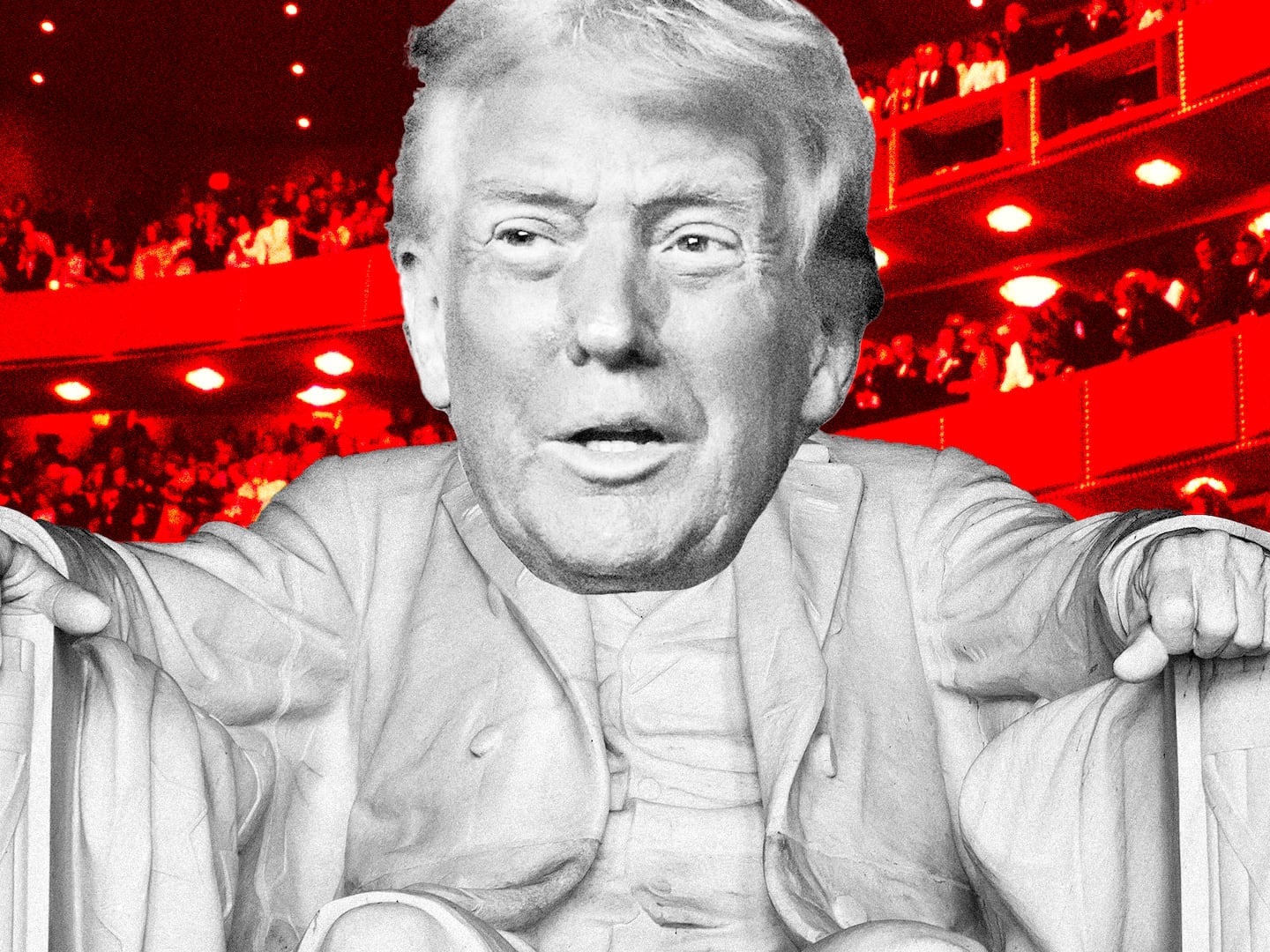I tend to cut David Brooks more slack than most people I know do, and I do it for one main reason. He can write. He’s the best writer on that page, and I’d usually rather read him than others on that page I’m more likely to agree with. Plus I figure, if every conservative were like David Brooks (I’ve known him for a long time, but that’s not what I mean—I mean temperamentally), our problems would be pretty solvable.
But I have to throw down at last Friday’s effort. In sum, Brooks argued that Republicans aren’t driven by some “mania” or “fever,” as liberals often suggest to him, but by a “viewpoint” that the 20th-century welfare state is unsustainable. Oddly, I don’t disagree with this as vehemently as Paul Krugman probably would. I would agree, for example, that states’ pension obligations are way too burdensome. But I think Brooks makes some strange assertions, and more importantly, lives in total denial of a central fact. I’ll make two points.
First, Brooks constructs his argument in such a way as to suggest that this welfare state has led or helped lead to our current woes. Really? The crisis was caused by the housing bubble, and the housing bubble was caused by deregulation, home-ownership mania, the removal of capital-gains taxes on most homes, and the infamous chicanery (the credit-default swaps) that the banks were engaged in. The depletion of the Medicare Trust Fund had nothing to do with it.
The “welfare model” has certainly had its ups and downs. But it seems to me it was doing rather nicely in the 1990s, a period Brooks’s narrative skips. What happened then? Well, yes, a president reformed welfare, but as David knows, them’s very small fiscal potatoes—Temporary Assistance to Needy Families (“welfare,” since 1996) is less than 1 percent of the budget. He also raised taxes. On virtually everyone. He passed a budget that every Republican opposed. Quibble around whatever edges you wish, but the economy ended up performing better than at any point in decades. The “welfare state” was doing fine. In came a Republican president with a GOP Congress. They cut taxes and regulations dramatically (Bill Clinton had de-regulated as well, to be fair). The economy went into deficit and then crisis. Hmm; connection there?
It’s pretty amazing that conservatives can take the 2008 economic collapse and the current EU crisis, which Brooks also goes into, and decide that they prove that the welfare state is the culprit (and that all “welfare states” can be lumped together as more or less equally culpable). Okay, these crises have created a situation where we have no choice but to address the long-term entitlement situation, which I grant, and which Obama grants. But why not look at what actually happened in 2008 and, you know, address that? How about re-regulating banks, which simply did not fail while Glass-Steagall was the law of the land, or re-separating out their functions?
This idea that we’re going to respond to the 2008 crisis by whacking Medicare and Medicaid, which you can be sure we’re going to do in one form or another if Mitt Romney is elected and possibly even if Obama wins, is like trying to address your basement water problem by replacing your windows. It’s just an excuse for conservatives to go after things they’ve been after anyway. At the very least, a good-faith effort to use this opportunity to pursue entitlement reform would agree to stronger regulations to prevent such a crisis from happening again. But there is no such good faith in the GOP, not anywhere, from Romney on down.
Which leads to point two. For Brooks, the competition between our parties and our ideologies is all about ideas. But politics isn’t really about ideas first. It’s about urges and emotions. And the right is governed by a very emotional hatred of liberals (just read this comment thread, David!). Yeah, yeah, liberals do it some, too. But on the right it’s been a matter of high pedagogy for two decades—conservatives have been instructed to despise liberals and everything we stand for.
Brooks doesn’t seem to want to acknowledge this because (I guess) to do so would be implicitly to acknowledge that politics isn’t chiefly about ideas, can’t be settled by reasonable people schmearing their bagels in a Brookings seminar room
It’s hardly a contradiction to say that yes, the right has a viewpoint, but there is also a mania. The viewpoint is much more extreme than it was 20 years ago, but even it would be tolerable (as these things go) if the mania weren’t present. The mania is the much bigger problem. If it subsided, then, at least, we could talk. Brooks could be performing a service if instead of denying this fundamental problem of our politics he were to acknowledge the existence of the mania and try to talk his confreres down from it.





